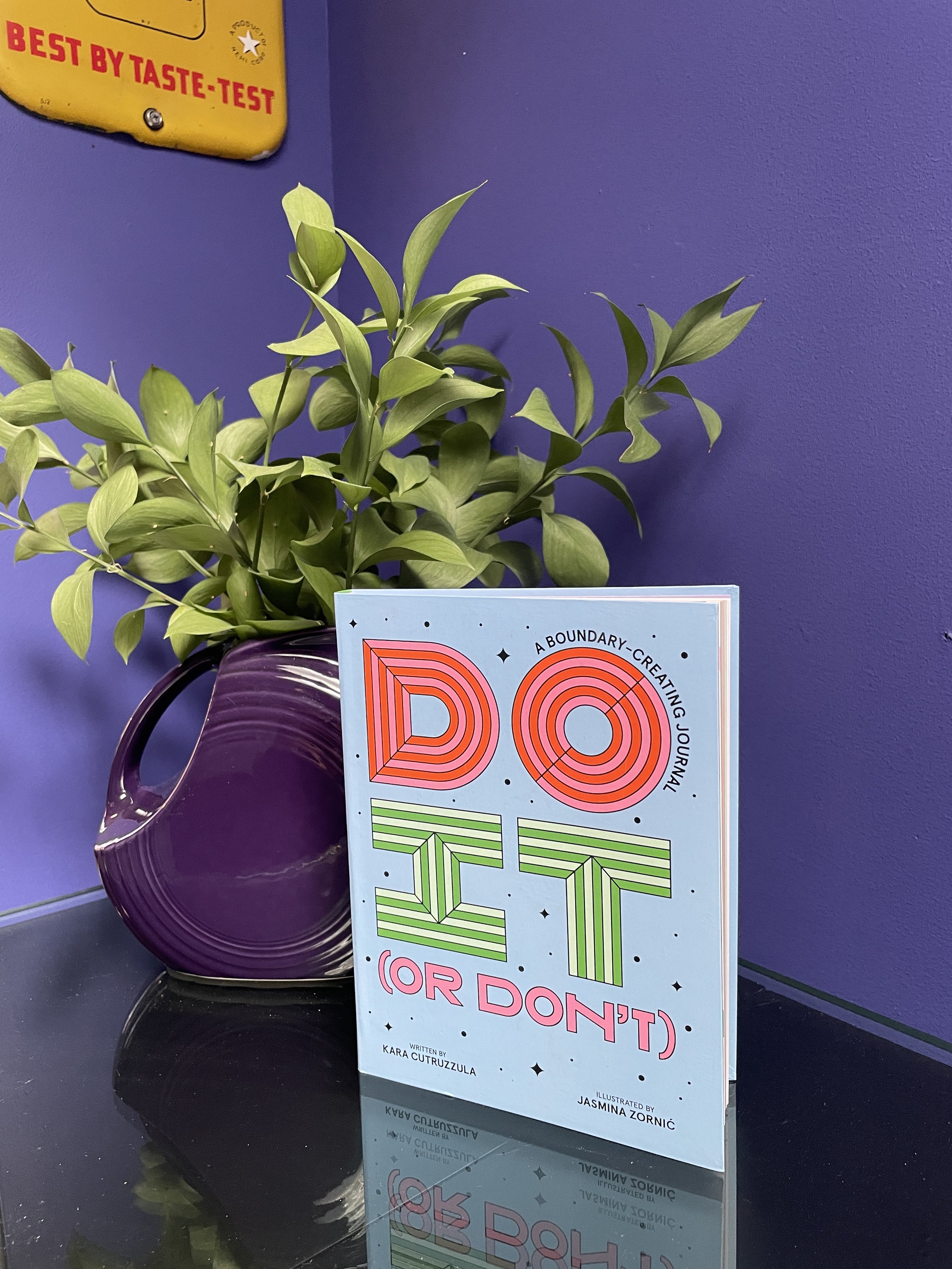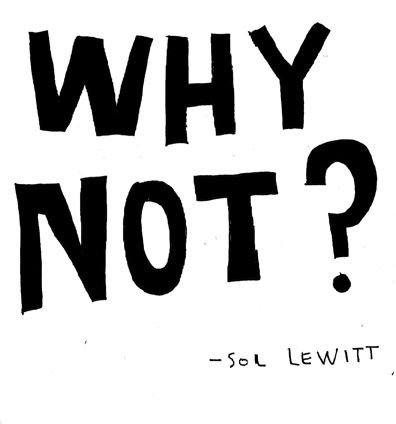What becomes possible when you get organized enough? Will you suffer less? Will your mental health and well-being improve due to better organization and flow?
For over 30 years, I have been a professional organizer, helping overwhelmed individuals challenged by disorganization get unstuck and organized.
I’ve observed a direct correlation between disorganization and distress. Creating order in the areas within your control significantly improves your external and internal state of being.
Recently, I had the joy of speaking with John Burton, a singer, songwriter, author, and host of the Home From Here podcast. John is fascinated by the intersection of organization and mental health, and he invited me to talk about that and much more on his show.
I invite you to listen to the podcast, episode 193, to hear the entire conversation. You might even discover a few surprising personal details, such as how I start my day, what my household was like growing up, and my favorite color. Although, I bet you can guess that last one even without listening to the podcast. You all know me so well.
Read about these three ideas I featured from our conversation about organization and well-being, and enjoy the podcast, too.
Home From Here - Episode 193 - John Burton with guest Linda Samuels
3 Ways Getting Organized Reduces Suffering and Improves Your Well-Being
1. “Organization made me feel better.”
John Burton, Home From Here podcast host with Linda Samuels - Episode 193
John noticed that organizing specific areas of his life made him feel better. You can learn more about his mental health journey from our conversation. One of the things he mentioned was how life-changing it was to organize his time and habits, especially his morning routine. As John experienced, better organization enhanced his day’s flow and well-being. He “felt better.”
Many of my clients have mental health challenges, including depression, anxiety, bipolar disorder, and OCD. The organizing piece has been elusive. Often, the external chaos reflects what’s happening internally. Through our work, I see a positive shift as we remove the disorganization blockages, create manageable systems, and focus on being “organized enough.” It’s not about perfection but about organizing in a way that helps you live with more ease.
What will be possible as you feel better?
2. “If I could only get it all done, life would be perfect.”
John asked me about the “trick” to time management. There are many different philosophies about managing yourself and your time, and there isn’t one definitive trick. However, I’ll share two significant principles of time management.
The first thing to understand about time management is acknowledging that you’ll never get it all done. And just so you know, I say those words as someone who is highly optimistic. People often think life would be perfect if you could “only get it all done.”
Whether your to-do list is in your head, on paper, or on an electronic list, as soon as you cross off a completed task, a new item appears. That’s the human condition. If you’re alive, you will have things to get done.
Even when your list is overflowing, I encourage you to embrace opportunities for joy and delight and let go of perfection. As John said, “If you can accept imperfection, stress goes way down.”
The second time management concept is about clarifying your priorities. Focus on aligning your priorities with what you spend time on. In addition, not all tasks will be related to things you’re passionate about. There are life management responsibilities like doing laundry, getting groceries, showering, or paying bills. Those might not excite you, but they are a necessary part of living.
Does all or most of your time go to life maintenance? Is little to no time reserved for your passions or priorities? If so, looking at where your time is going and making some adjustments is helpful.
What becomes possible when your priorities are clarified?
“If you can accept imperfection, stress goes way down.”
3. “I can see a path forward.”
John and I discussed virtual organizing and how I typically have 60-minute Zoom sessions with my clients. My goal is to help them get unstuck enough to take action, make progress, and feel better.
At the beginning of a session, clients might feel overwhelmed, discouraged, or hopeless. By the end of the hour, they’ve experienced progress (a physical change, perspective shift, or new system) and can see possibilities.
We take baby steps that boost confidence and agency. Progress happens during and between the organizing sessions. Clients learn organizational skills and how to integrate them into their busy lives.
What will be possible as you clear your path?
What is Possible?
Toward the end of our conversation, John said he was “struck” by “the amount of reducing suffering” I’m doing.
Life has hiccups and stress. I am passionate about helping my clients get unstuck, make progress, live with more ease, and feel better. Getting organized enough, letting go of perfection, shifting perspectives, and focusing on priorities can make a significant difference. What is possible for you? I’d love to hear your thoughts. I invite you to join the conversation.
Are you ready to get unstuck, organize, and improve your well-being? If so, I’m here to help. Please schedule a Discovery Call, email me at linda@ohsorganized.com, or call 914-271-5673. Turning possibilities into reality is achievable, especially with support.


















